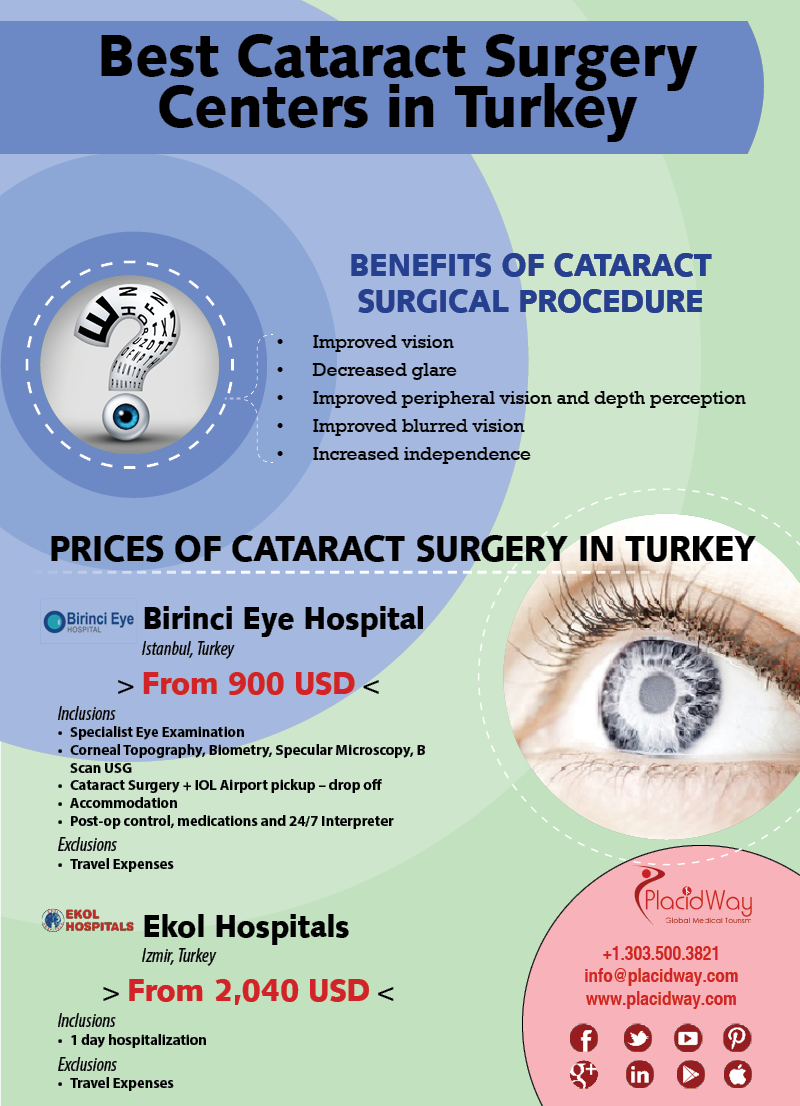Thinking About SMILE Surgical Procedure? Reveal Substantial Considerations And Understandings To Support You In Making A Smart Selection Regarding Your Vision Ahead
Thinking About SMILE Surgical Procedure? Reveal Substantial Considerations And Understandings To Support You In Making A Smart Selection Regarding Your Vision Ahead
Blog Article
Team Author-Mullen Cochran
If you're contemplating SMILE eye surgery, contemplate this: are you prepared to embrace potential aesthetic freedom, or does the idea of any kind of threats make you be reluctant? Your decision will rest on a careful balance of considering the advantages against the unpredictabilities. It's important to dig deeper right into the subtleties of SMILE surgical procedure to make an enlightened choice that aligns with your aesthetic goals.
Recognizing SMILE Eye Surgery
When thinking about SMILE Eye Surgical procedure, it's important to understand the treatment and its benefits. SMILE, which stands for Little Laceration Lenticule Extraction, is a minimally intrusive laser eye surgical procedure that corrects typical vision issues like myopia (nearsightedness).
During the treatment, your eye surgeon will certainly utilize a femtosecond laser to create a little cut in your cornea. With this incision, a small disc of tissue called a lenticule is gotten rid of, reshaping the cornea and remedying your vision.
Among the vital benefits of SMILE Eye Surgery is its quick healing time. Lots of patients experience improved vision within a day or 2 after the procedure, with minimal discomfort.
In addition, SMILE is understood for its high success price in providing long-term vision correction. Unlike LASIK, SMILE does not call for the creation of a flap in the cornea, lowering the danger of problems and allowing for an extra steady corneal framework post-surgery.
Understanding the treatment and its advantages is essential when taking into consideration SMILE Eye Surgical treatment for vision correction.
Benefits and drawbacks of SMILE
Thinking About SMILE Eye Surgical procedure for vision correction features different advantages and prospective drawbacks.
One of the primary pros of SMILE is its minimally invasive nature, as it entails a small laceration and commonly causes fast healing times. The procedure is likewise understood for triggering minimal discomfort and completely dry eye signs post-surgery compared to various other vision modification approaches. Furthermore, SMILE has been shown to supply superb aesthetic outcomes, with many individuals accomplishing 20/20 vision or much better.
On the other hand, a potential con of SMILE is that it may not appropriate for people with serious refractive errors, as the treatment range is rather minimal compared to LASIK. please click the up coming article is that the knowing curve for cosmetic surgeons executing SMILE can influence the availability of experienced carriers in particular locations.
It is necessary to weigh these advantages and disadvantages very carefully when making a decision if SMILE is the best selection for your vision improvement demands.
Establishing Qualification for SMILE
To figure out if you're eligible for SMILE eye surgical treatment, your ophthalmologist will perform an extensive analysis of your eye health and wellness and vision requirements. Throughout this assessment, elements such as the stability of your vision prescription, the density of your cornea, and the general health of your eyes will certainly be examined.
Usually, prospects for SMILE more than 22 years old, have a steady vision prescription for a minimum of a year, and have healthy and balanced corneas without problems like keratoconus.
Your optometrist will certainly likewise consider your overall eye health and wellness, any kind of existing eye conditions, and your way of life requires to establish if SMILE is the appropriate option for you. Suggested Looking at to connect any specific visual requirements or concerns you might have during this assessment to ensure that the therapy straightens with your expectations.
If you aren't qualified for SMILE, your ophthalmologist may advise alternative vision improvement alternatives that much better suit your specific demands and eye wellness status.
Final thought
Eventually, making a decision whether SMILE eye surgery is right for you requires cautious consideration of your private eye wellness and visual requirements. Seek advice from your optometrist to establish your qualification for the treatment and weigh the prospective advantages and downsides. Remember to communicate any type of issues or inquiries you may have during the analysis procedure to make an enlightened choice regarding your vision modification choices.
